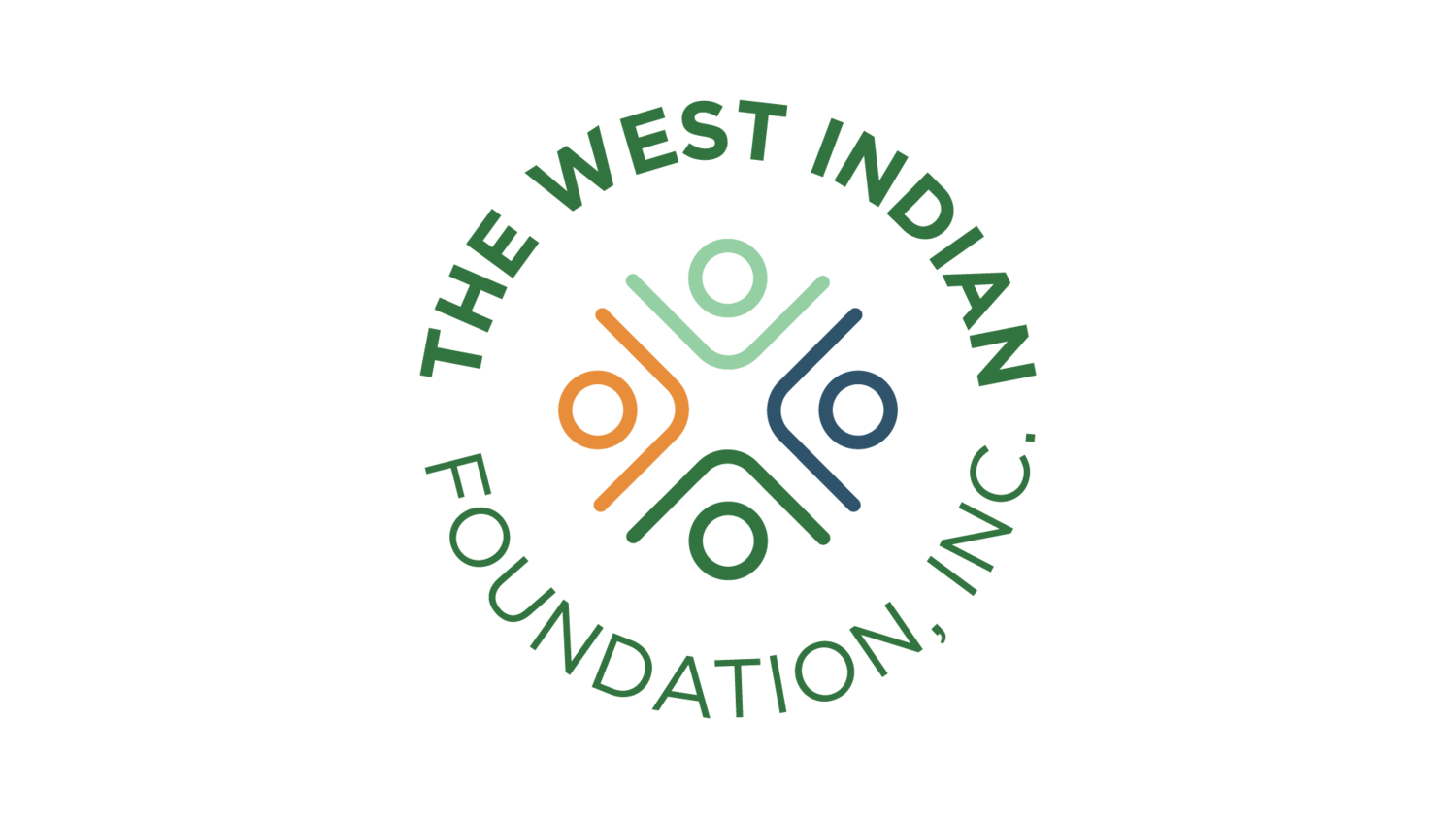West Indian Migrant Farm Workers Memorial Scholarship
Background
From 1943 to 1947, under the terms of intergovernmental agreements with British West Indian governments, the U.S. government recruited and transported approximately seventy thousand Jamaicans, Barbadians, and Bahamians to the United States for agricultural employment. The stimulus for the agreements came from American farmers, especially large growers, who complained to the federal government that they were experiencing a shortage of farm labor. Many rural men and women entered the armed forces during World War II, while others escaped the low wages of farm work for the better wages offered in the expanding defense industry. As men and women deserted the farms, farmers became increasingly concerned about their dwindling supply of labor, and although there was no severe scarcity of domestic workers, the federal government was convinced to create an emergency program to alleviate labor shortages on farms.
Concurrent with American growers’ struggle to recruit labor, the Caribbean was experiencing extreme economic devastation and political upheaval. In the late 1930s, high levels of unemployment and sociopolitical unrest led to riots throughout the Commonwealth Caribbean. Colonial administrations had only begun to propose remedies to the problems that gave impetus to the riots when World War II began. Additionally, wartime restrictions on shipping created food shortages and devastated the tourist industry in the Bahamas and on other islands, thereby exacerbating the already high levels of unemployment. These conditions encouraged Caribbean administrations and colonial authorities in Great Britain to support the American plan to transport West Indians to the United States for farm work.
Scholarship Focus
The West Indian Farm Workers Memorial Scholarship will be awarded to a high school senior graduating from an accredited high school in Connecticut who is a direct descendant of a West Indian Migrant Farm Worker.
Eligibility Requirements
Applicant must be a high school senior graduating from an accredited high school in Connecticut
Applicant must hold a cumulative Grade Point Average (GPA) of 2.5 or higher, on a 4.0 scale.
Applicant must be applying to and/or accepted to an accredited 4-year college or university.
Application Requirements
A complete application packet must include the following:
One (1) letter of recommendation: one letter written by applicant’s current high school teacher, guidance counselor, principal or professor.
A current transcript from your graduating high school(s)
A 300-word (minimum of 250-word) essay responding to the question, “How has your family background affected the way you see the world?”
A resume that details your community service experiences, employment, and extra-curricular activities (include varsity, junior varsity, clubs student government, etc.).
A notarized Statement of Proof of relationship to a West Indian Migrant Farm Worker to the United States.
Applications must be submitted by March 1st of each year to be considered.
Applications may also be obtained by emailing Scholarship@westindianfoundation.org

